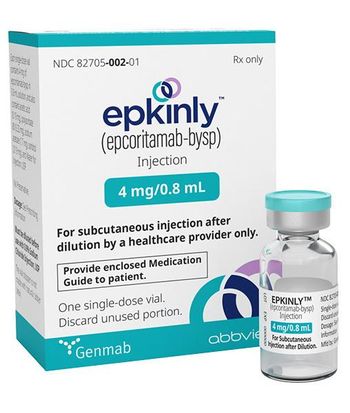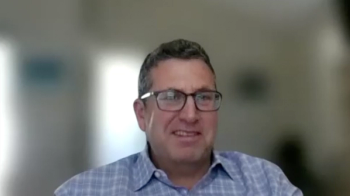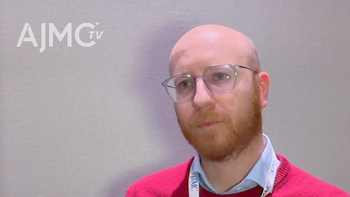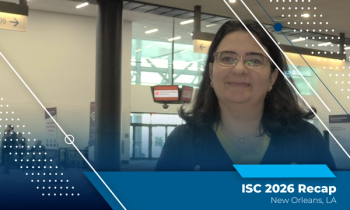
FDA Accepts First Allogeneic CAR T-Cell Therapy Trial
Celyad, a biopharmaceutical company that focuses on the development of chimeric antigen receptor (CAR) T-cell therapies, recently announced that the FDA has accepted its Investigational New Drug (IND) application for CYAD-101, the first non–gene-edited allogeneic clinical program.
Celyad, a biopharmaceutical company that focuses on the development of chimeric antigen receptor (CAR) T-cell therapies, recently
Traditionally, CAR T-cell therapies are created by genetically modifying a patient’s own immune cells to target specific cancer cells before injecting them back into the patient. However, this can be difficult because researchers aren’t always able to collect enough cells from a patient to create the treatment. Conversely, in an allogeneic CAR T-cell therapy, immune cells are instead collected from healthy donors, rather than the patient.
The trial, titled Allo-SHRINK, looks to evaluate the safety and clinical activity of CYAD-101 in patients with unresectable colorectal cancer in combination with standard chemotherapy.
“We are pleased to have achieved this important milestone. Celyad is the first company clinically evaluating a non-gene edited CAR T candidate, which, we believe, offers significant advantages over gene-edited approaches,” Christian Homsy, MD, CEO of Celyad, said in a
CYAD-101 is based on features of the company’s investigational autologous CYAD-01 CAR T with a novel peptide, TCR Inhibiting Molecule (TIM). This prevents the patients’ immune system from recognizing the cells as foreign. The cells in CYAD-01 produce a chimeric receptor called natural killer group 2D (NKG2D) that recognizes multiple tumor proteins.
Celyad’s investigational autologous CYAD-01 treatment is currently being tested in 3 phase 1 trials for different cancers, including
“Our non-gene edited program consists of a family of technologies aimed at reducing or eliminating T cell receptor (TCR) signaling without requiring genetic manipulation. CYAD-101 is part of a robust clinical development plan, establishing the foundations of next generation CAR T products,” said Homsy.
Newsletter
Stay ahead of policy, cost, and value—subscribe to AJMC for expert insights at the intersection of clinical care and health economics.
















